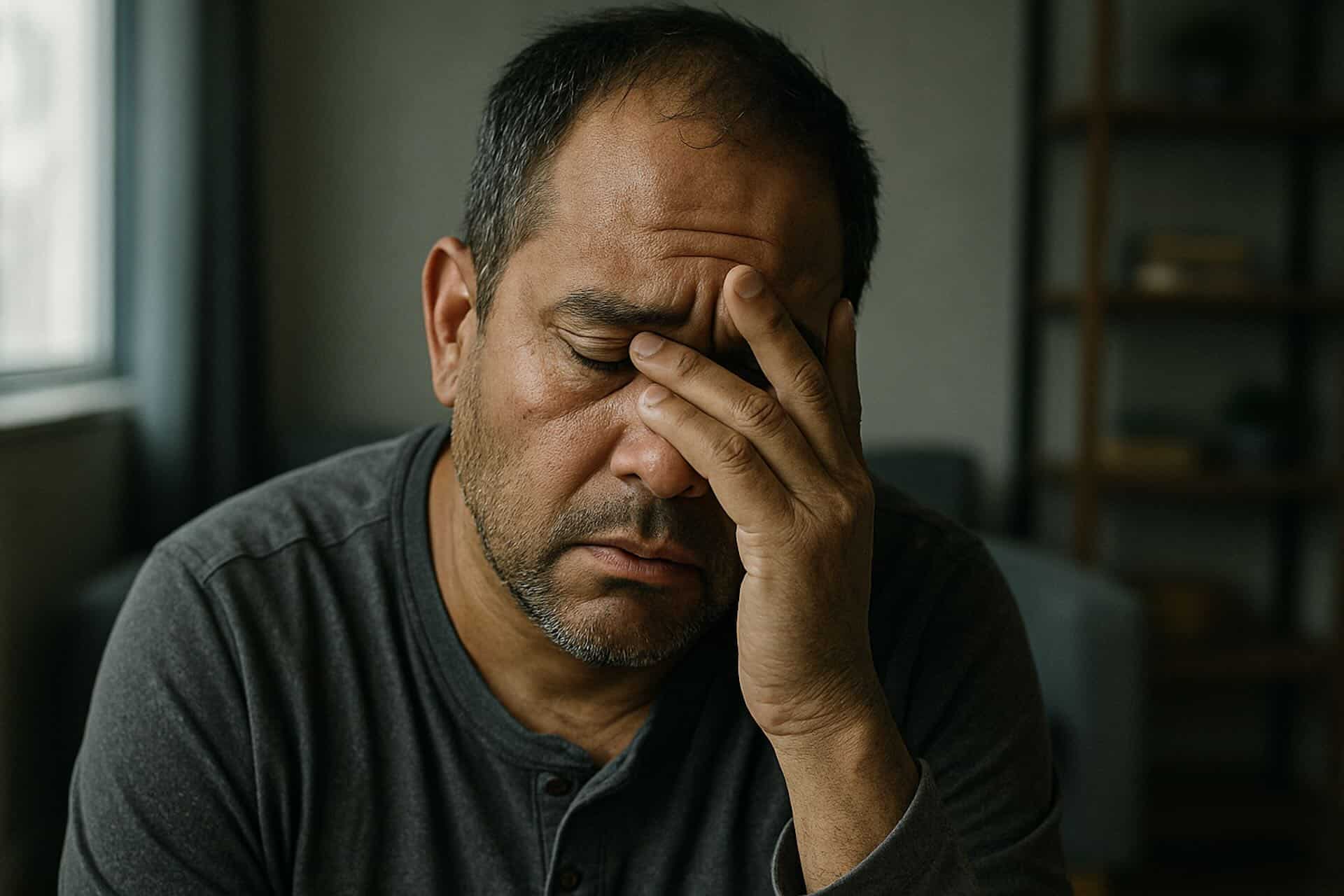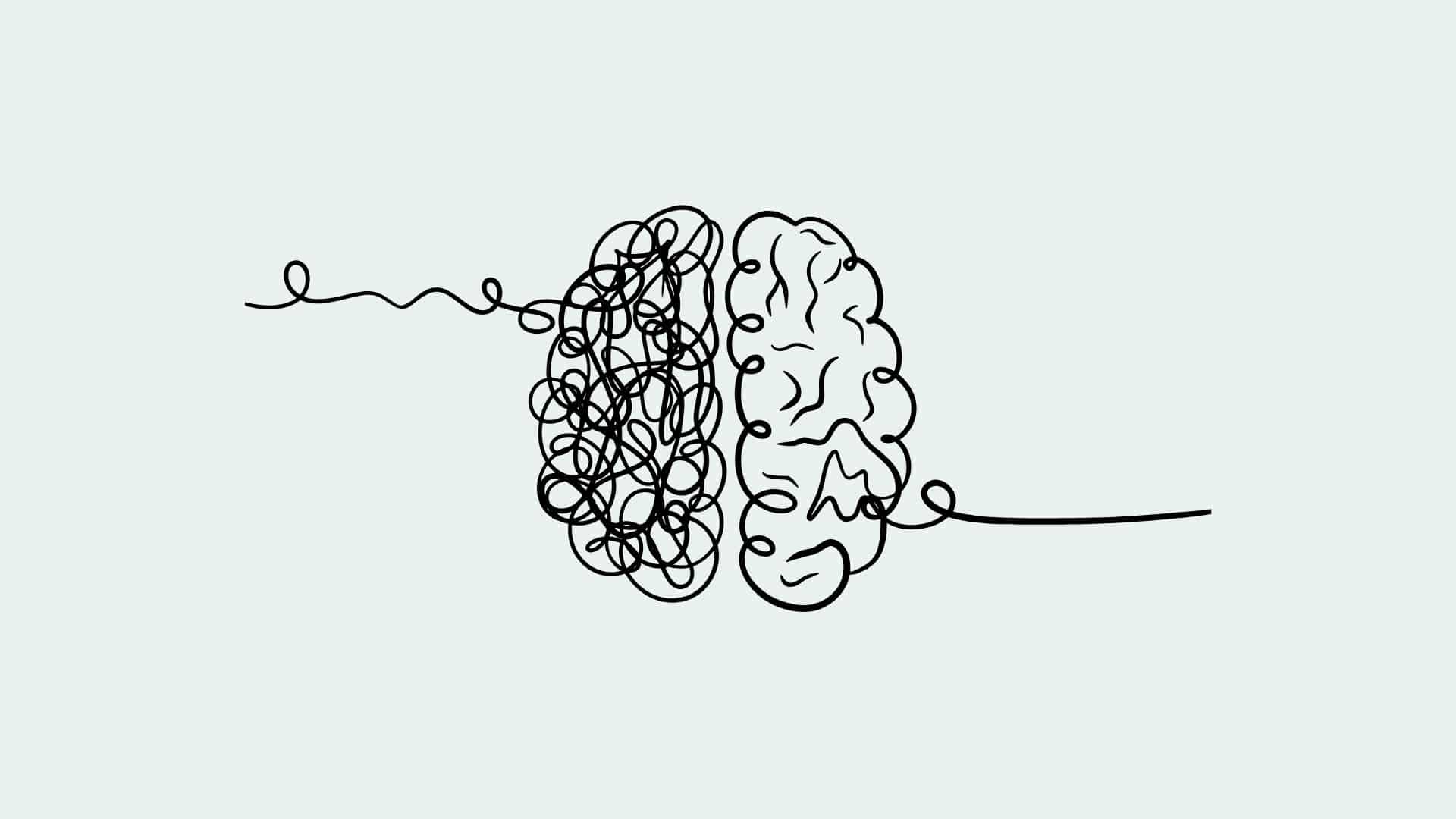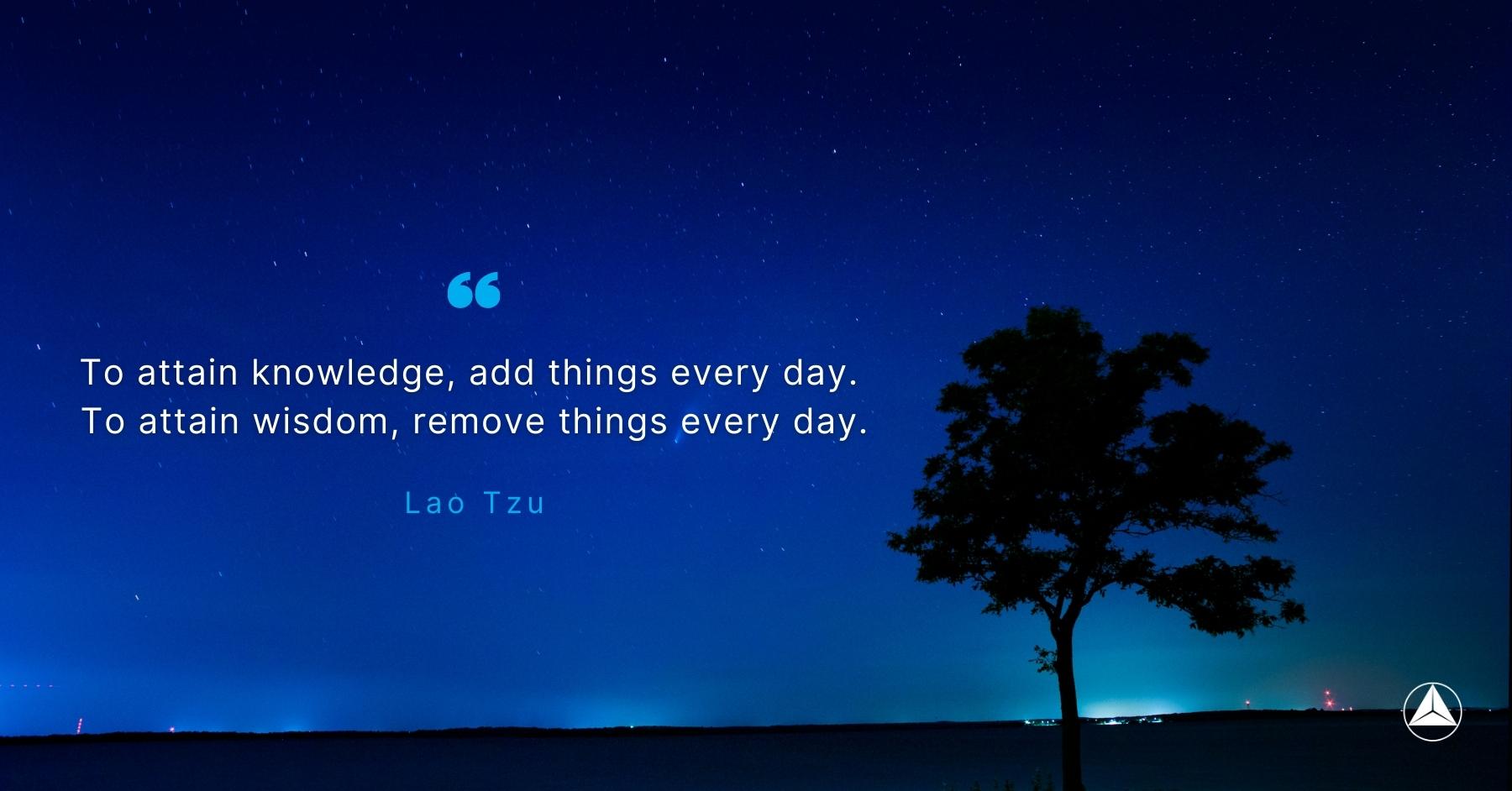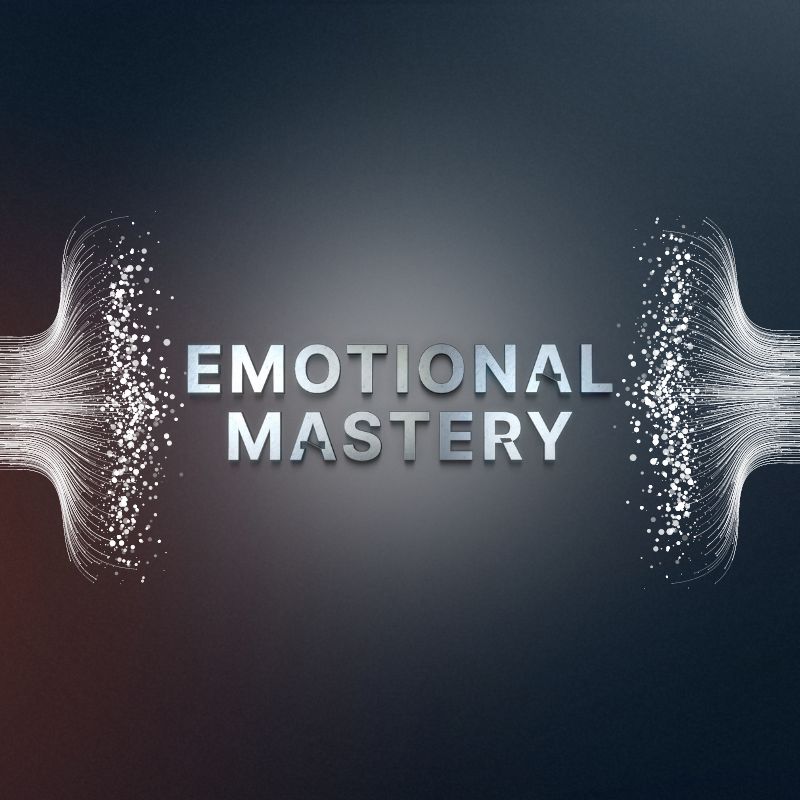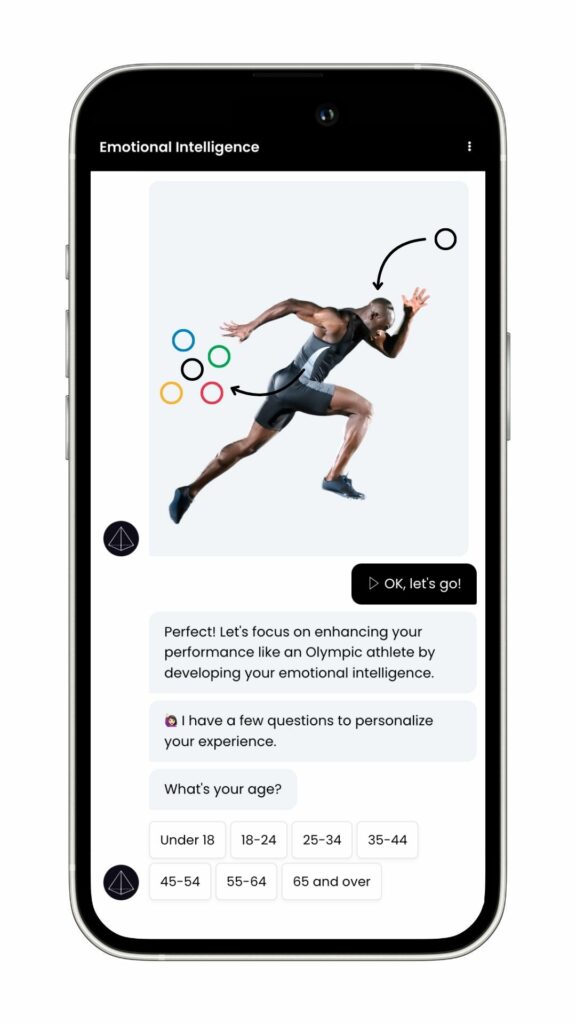Ever wonder why you're often feeling more down or emotionally heavy when you're tired?
In this article, we break down the science behind this common experience.
We explore how fatigue affects your brain, hormones, and emotional regulation — and why even small problems can feel overwhelming when you’re low on energy.
We’ll also share practical steps to help you handle these moments with more understanding and self-compassion.
When you’re tired, several things happen in your body and brain that make you more likely to feel down:
-
1
Lower energy for emotional regulation
Your brain needs energy to regulate emotions — to reframe negative thoughts, calm worries, or keep perspective. When you're tired, that energy is lower. As a result, negative thoughts and feelings can more easily take over.
-
2
Hormonal and neurotransmitter changes
Fatigue affects brain chemicals like serotonin and dopamine, which help regulate mood and motivation. When these levels drop, you can feel more down or irritable.
-
3
More sensitivity to stress signals
When tired, the brain is more reactive to perceived threats and less capable of rationally evaluating them. This makes small problems feel bigger and emotional reactions stronger.
-
4
Reduced cognitive capacity
You’re less able to think clearly, reflect, or make good decisions when tired. This can feed into a negative mood spiral — for example, worrying more or feeling helpless.
-
5
Physical discomfort mistaken for emotional distress
Being tired often comes with a heavy body feeling, aches, or brain fog. We sometimes interpret these sensations as emotional "downness," even when they’re mostly physical fatigue.
What to do?
-
Prioritize rest and sleep hygiene.
-
Be extra kind to yourself when tired — remind yourself that your perspective is temporarily skewed.
-
Avoid big decisions or harsh self-judgment in these moments.
-
Build in small recharging practices (like breathing, short walks, or micro-breaks) before you get too depleted.
Conclusion
Feeling down when you’re tired is a natural result of how your brain and body work under low energy.
By understanding the biological and psychological reasons behind this state, you can approach it with more patience and self-compassion.
Instead of judging yourself harshly, see these moments as signals to rest, reset, and care for your energy. Over time, this awareness helps you build a more stable and resilient quality of life, even on the days when you feel at your lowest.

